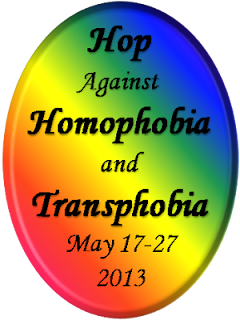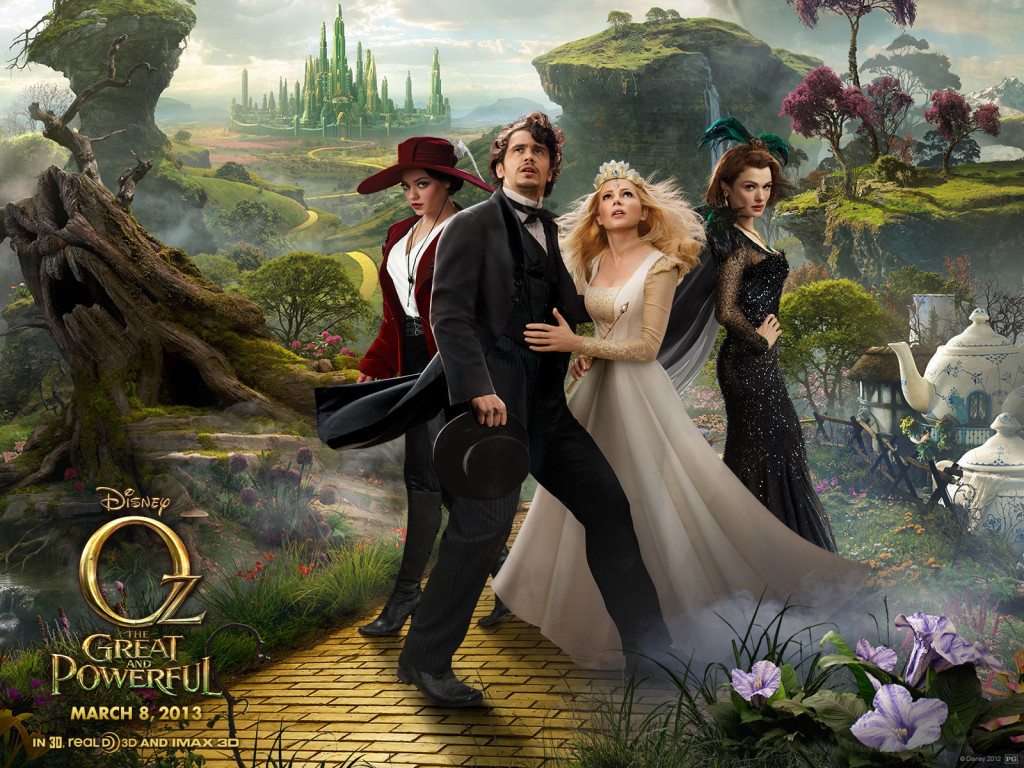I’m posting the on-line interview from my final Next Big Thing taggee.
I met C.A. Clemmings at Absolute Write about two years ago, and our exchange about the challenges faced by LGBT writers turned into a long-term camaraderie. We frequently critique each other’s work and provide encouragement for our respective writing journeys.
Meet literary fictionista C.A. Clemmings!
What is the title of the book?
I have a novella and a short story currently in progress. The title of my novella is Rebirth, and the title of my short story is “Placencia.”
Where did the idea come from for the book?
For Rebirth I drew inspiration from Bad Girls, the TV series about women in prison. Since my ideas originate with character, however, I wanted to write about a woman who comes out of that kind of environment and to examine how she rediscovers and redefines herself in society.
“Placencia” was supposed to be a fun, easy project. It was an attempt to take a “vacation” from the extensive work that goes into longer projects. Turns out it takes just as much effort for me to produce a short story.
What genre does your book fall under?
Literary Fiction
What actors would you choose to play the part of your characters in a movie rendition?
I had not given much thought to this, and when I did, I found it difficult to select the right actresses who could embody my characters. I think I will leave up to readers to shape the characters with their own imagination.
What is the one sentence synopsis of your book?
Rebirth is about Nicolette, a young ex-convict who goes to live on ranch that once belonged to her deceased parents, and ends up acquiring a racehorse and an attractive female jockey who convinces her to get into the horseracing business, which inadvertently unearths Nicolette’s parents’ shady past.
“Placencia” is a about a woman who, while on her way to meet her girlfriend for their vacation together in Honduras gets thrown off-course and ends up in Placencia, Belize, where she is tempted by an alluring woman and encounters a fisherman who is a haunting reminder of the father she’s never met.
How long did it take you to write the first draft of the manuscript?
The first drafts of both Rebirth and “Placencia” were completed in a few months, however the process of transforming them into their current versions took considerably longer.
Who or what inspired you to write this book?
In general, I am inspired to tell stories about ordinary people with an enigmatic quality. For Rebirth, I was inspired to write about a woman who had lost nearly everything and had been stripped down to her “flinching muscles.” I wanted to rebuild her and bring color back to her life.
“Placencia” was born out of the idea of taking a vacation away from the things that we obsess over in our daily lives such as work, relationships, and our families. However, interestingly enough for my main character Elodie, Placencia becomes the place where she finds herself confronted by the things that burden and haunt her: the tremendous fog of failure and the potential for failure that seems to envelope her, and the unresolved issues that stem from not being given an opportunity to know her father. The impact of this is depicted in Elodie’s aimless spirit. I enjoyed writing Placencia because it allowed me to explore this flawed and self-absorbed woman, who at the end of the day is good-hearted and makes the right decisions.
Is your book out in print, upcoming from a publisher and/or represented by an agency?
Rebirth and “Placencia” will be self-published in the spring.
For more about Clemmings and her projects, visit her website.






